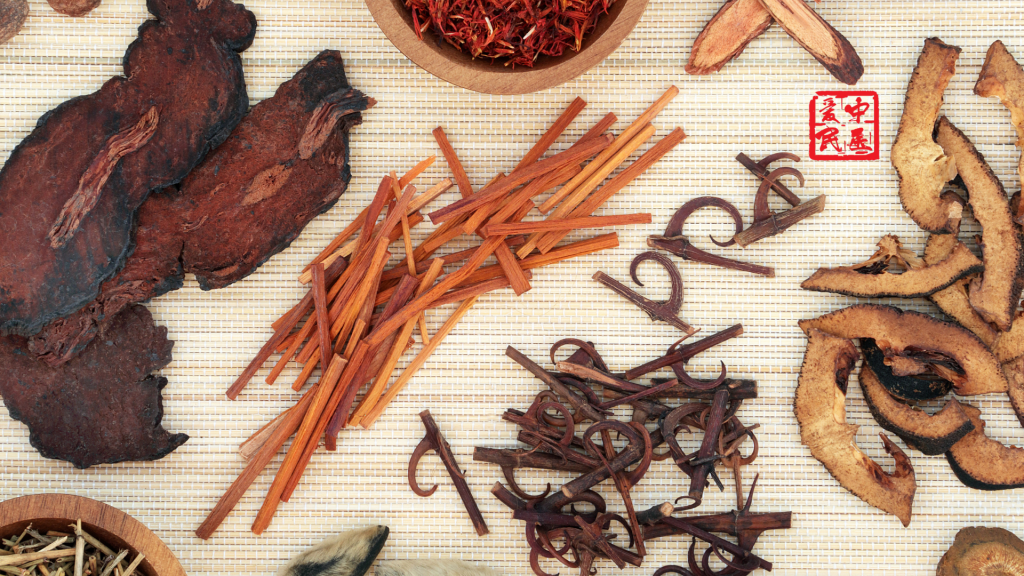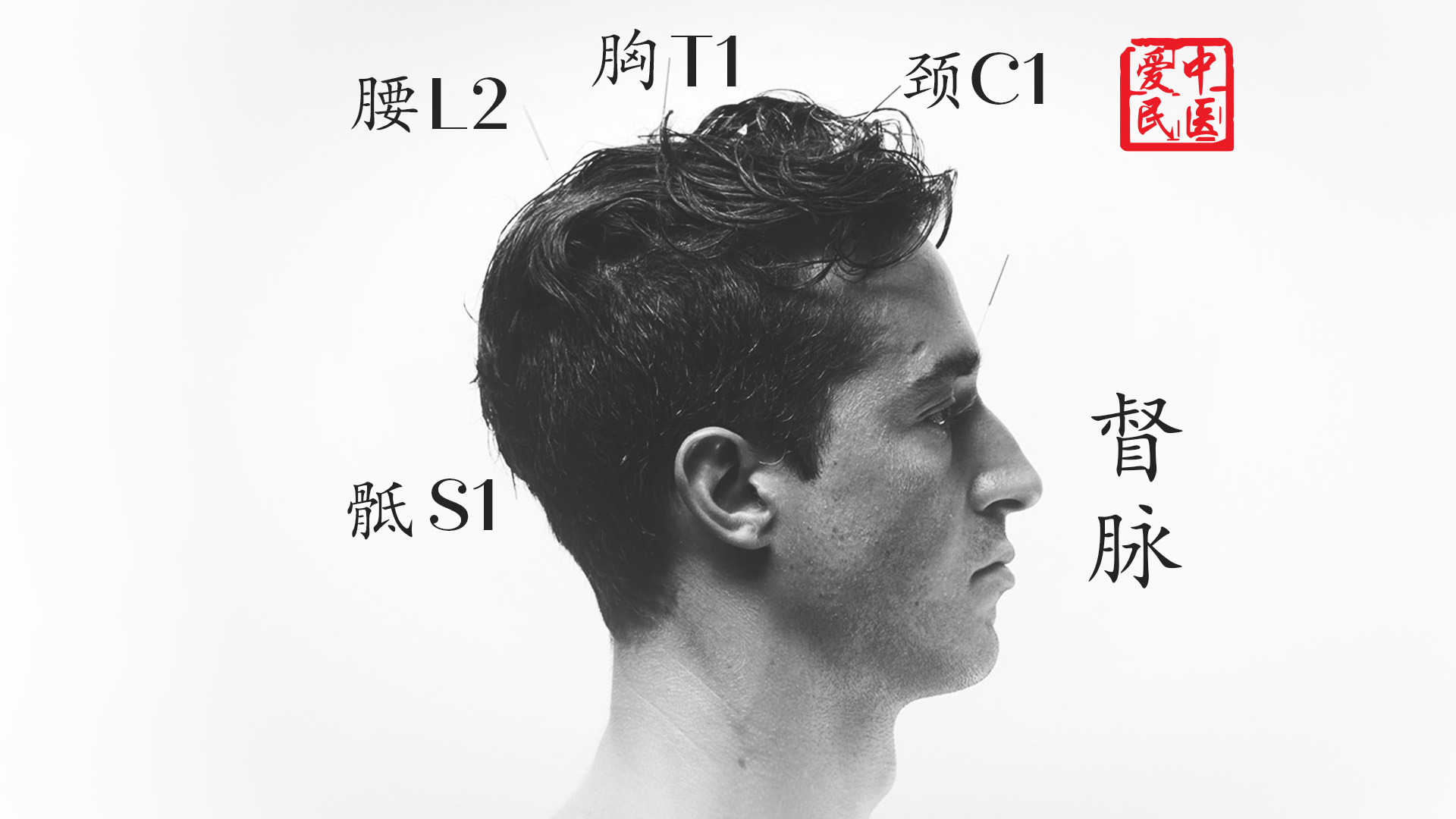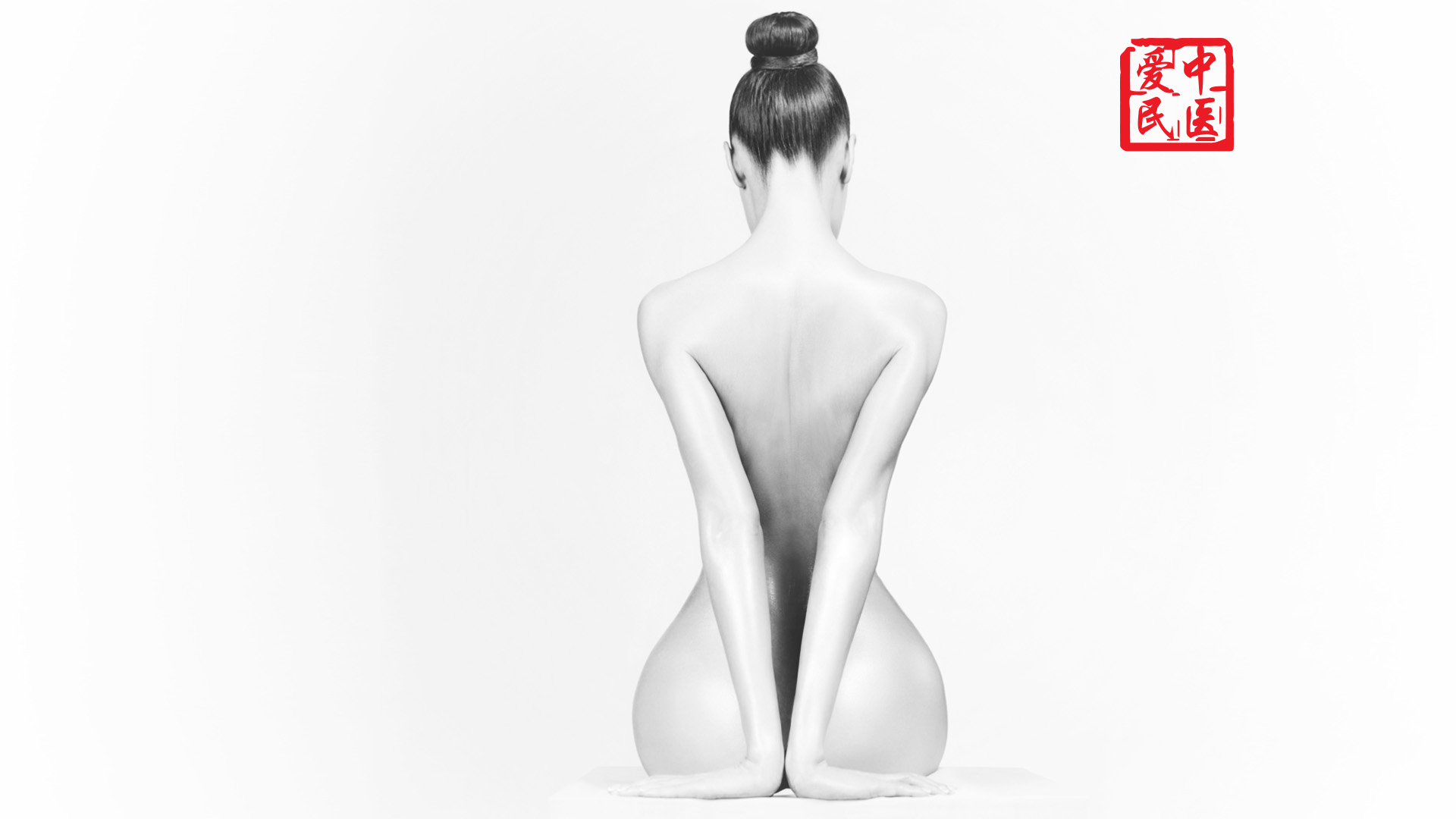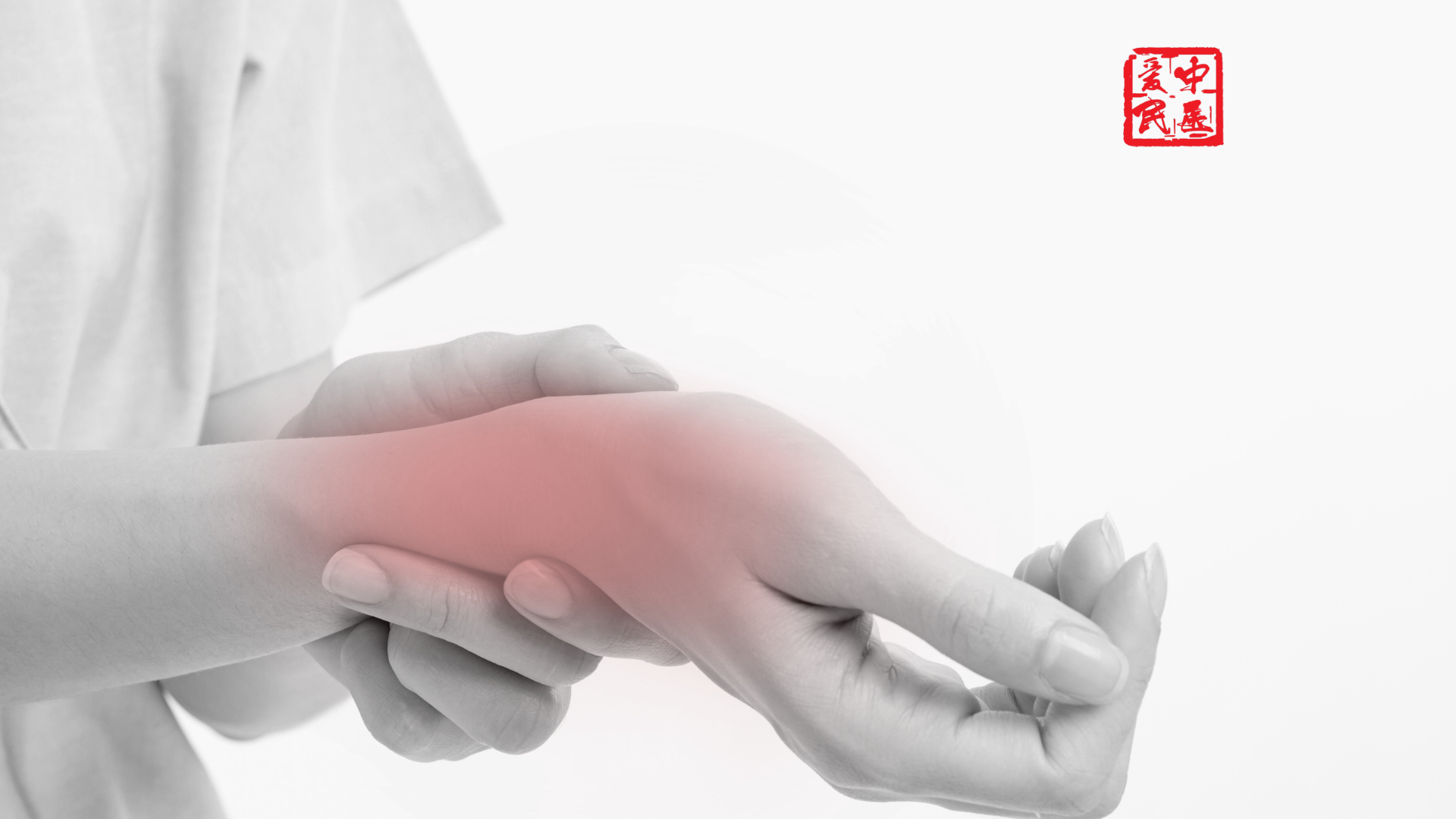SERVICES
TCM Herbs

Traditional Chinese Medicine (TCM)
About Herbs
The earliest recorded use of herbs in TCM can be traced back to the “Huangdi Neijing” (The Yellow Emperor’s Classic of Medicine), a text that is approximately 2200 years old. TCM incorporates the use of a variety of plant, mineral, and animal compounds to rectify imbalances and enhance overall health. Instead of using individual herbs, these compounds are often combined into customized formulas tailored to treat a specific individual’s condition.
TCM operates on the belief that each person has a unique bodily constitution, influenced by a variety of factors such as genetics, lifestyle, environment, and medical history. TCM classifies these constitutional types into categories such as Yin deficiency, Yang deficiency, Qi stagnation, Blood insufficiency, among others.
In TCM, it’s understood that an individual’s physical constitution is dynamic and can change over time due to factors like lifestyle, diet, stress, and age. Consequently, herbal prescriptions may need adjustments to align with changes in a person’s constitution and health status. This consideration of an individual’s body constitution is a critical aspect of TCM’s holistic approach to healthcare, guiding the development of personalized herbal treatments.
Aspects of Chinese
TCM Herbs
Herbal Formulas
Chinese Herbal Therapy employs complicated formulations that combine various Herbs to achieve a medicinal effect. Each formula is thoughtfully formulated to address specific patterns of disharmony inside the body, which are diagnosed using TCM principles.
Chinese Herbs
Are classified according to their energy qualities, tastes, and effects on certain organs and meridians in the body. Some common herbs, such as cooling herbs, warming herbs, and herbs that impact the liver, heart, spleen, etc.
Herbal Prescriptions in TCM
Are tailored to the individual's body constitution and unique health condition. The fundamental concept of TCM is the notion of "body constitution," which entails recognizing a person's unique physiological and psychological characteristics as well as their susceptibility to certain imbalances and diseases.
Benefits
Personalized Treatment
TCM understands that each person is unique and may require various therapies. Chinese herbs are frequently blended into formulas that are suited to an individual’s unique pattern of disharmony, bodily constitution, and health state.
Traditional Knowledge and Long History
Chinese herbal medicine has a rich history and is based on a vast body of traditional knowledge passed down through generations. Many herbal formulas and treatments have been used successfully for centuries.
Support for Chronic Conditions
Chinese herbs can provide ongoing support for chronic health conditions such as digestive disorders, hormonal imbalances, allergies, and skin issues.
Minimal Side Effects
When prescribed and used appropriately, Chinese herbs are generally considered safe with minimal side effects. They are natural substances derived from plants, minerals, and sometimes animal products.
Complementary to Western Medicine
Chinese herbal medicine can complement Western medicine, especially in cases where conventional treatments have limitations or side effects. It can be used as an adjunct therapy to enhance overall healing and well-being.
Stress Reduction and Emotional Balance
Many Chinese herbs have properties that help to calm the mind, reduce stress, and promote emotional balance, which are beneficial for managing anxiety, depression, and sleep disorders.
Pain Management
Certain Chinese herbs have analgesic properties and can be effective in managing pain associated with various conditions, such as arthritis, headaches, and muscle injuries.
Enhancing Immune Function
Some Chinese herbs have immune-stimulating properties that may help improve the body’s natural defense mechanisms against infections and illnesses.
Health Maintenance and Prevention
Chinese herbs are often used in TCM to maintain health and prevent diseases by strengthening the body’s Qi (vital energy) and promoting resilience.
Combination with Other TCM Therapies
Chinese herbal medicine is frequently combined with acupuncture, moxibustion (the burning of mugwort to stimulate acupuncture points), cupping, and other TCM therapies to achieve greater benefits.
Boost Result with Other TCM Therapies
The synergistic use of Chinese herbal medicine with acupuncture, moxibustion, and cupping can significantly boost therapeutic results. This combination can enhance the body’s natural healing process, leading to faster recovery and improved overall health.
Holistic Approach
Chinese herbs are often prescribed as part of a holistic treatment approach in TCM. It is to address the root cause of health issues rather than just managing symptoms, restoring balance and harmony within the body.
Who Should Avoid
TCM Herb
Allergic Reactions
If you have known allergies to specific herbs or plant-based substances, you should avoid using Chinese herbs that contain those allergens.
Pregnancy and Breastfeeding
Some Chinese herbs are contraindicated during pregnancy as they may have effects on hormone levels or the uterus. It’s crucial to inform your TCM practitioner if you are pregnant or breastfeeding.
Children
Certain Chinese herbs may not be suitable for children or may require specific dosing adjustments. Always consult a qualified pediatric TCM practitioner for children’s herbal treatments.
Severe Health Conditions
In cases of severe or acute health conditions, it’s essential to seek immediate medical attention from a qualified healthcare professional. Chinese herbs may complement conventional medical treatments, but they should not replace urgent medical care.
Medication Interactions
Chinese herbs can interact with certain medications, including blood thinners, anticoagulants, immunosuppressants, and others. Inform your TCM practitioner and primary healthcare provider about all medications you are taking to avoid potential interactions.
Organ Dysfunction
Individuals with significant liver or kidney dysfunction may need to avoid certain herbs or adjust dosages, as some herbs can affect these organs.
Recent Surgeries
If you have undergone recent surgery, it’s important to inform your TCM practitioner, as certain herbs may interfere with wound healing or anesthesia recovery.
Autoimmune Conditions
Some Chinese herbs have immune-stimulating properties, which may not be suitable for individuals with autoimmune disorders, where the immune system is already overactive.
Other Safety Notes
Acute Infections
In cases of acute infections, it’s crucial to seek appropriate medical care. Chinese herbs may be used to support recovery, but their use should be guided by a qualified practitioner.
Cancer Treatment
Chinese herbs can be used as supportive therapy for cancer patients, but their use should be coordinated with oncologists and cancer specialists to avoid potential interactions with chemotherapy or radiation therapy.
On Blood-Thinning Medications
Some Chinese herbs have blood-thinning properties, which can be problematic if taken alongside anticoagulant or antiplatelet medications, leading to an increased risk of bleeding.
On Blood Pressure Medications
Certain Chinese herbs can affect blood pressure, and combining them with antihypertensive medications may lead to fluctuations in blood pressure levels.
On Immunosuppressive Drugs
Chinese herbs that have immune-stimulating properties may interfere with immunosuppressive medications used to prevent organ rejection in transplant recipients.
Taking Other Herbs
Some Chinese herbs, when taken in large doses or for extended periods, can be toxic to the liver or kidneys. Combining these herbs with certain medications may increase the risk of organ damage.
Always be open and honest with your healthcare providers about your medical history, current health status, and any medications or supplements you are taking. This information will help them provide safe and effective treatment recommendations tailored to your individual needs.
Other Services
Acupuncture
Our body has more than 2,000 acupuncture points connected by meridians. These meridians create qi known as energy flow through the body. Qi flows along specific meridians throughout the body.

TCM Treatment
Traditional Chinese Medicine (TCM) treats a number of issues and approaches treating ailments from a holistic perspective. A variety of symptoms are treatable such as colitis, pain, infertility, menstrual cramps,

Aimin Slimming
To cater the growing demand of the effective slimming programs, Aimin developed several techniques, such as body slimming massage, with the application of TCM and acupuncture.

Pain Management
TCM combines ancient wisdom with modern understanding to provide holistic pain relief, aiming to alleviate discomfort and boost your overall health. Aimin TCM in Singapore offers expert care on your journey to a pain-free life.

Woman Care
Woman Care helps to accelerate blood circulation, promoting body metabolism.
It plays a physical therapy role for body health.

Schedule an Appointment
Book an appointment with us today to secure your slimming package trial
Don’t miss out on our exclusive offers for a healthier, slimmer you!